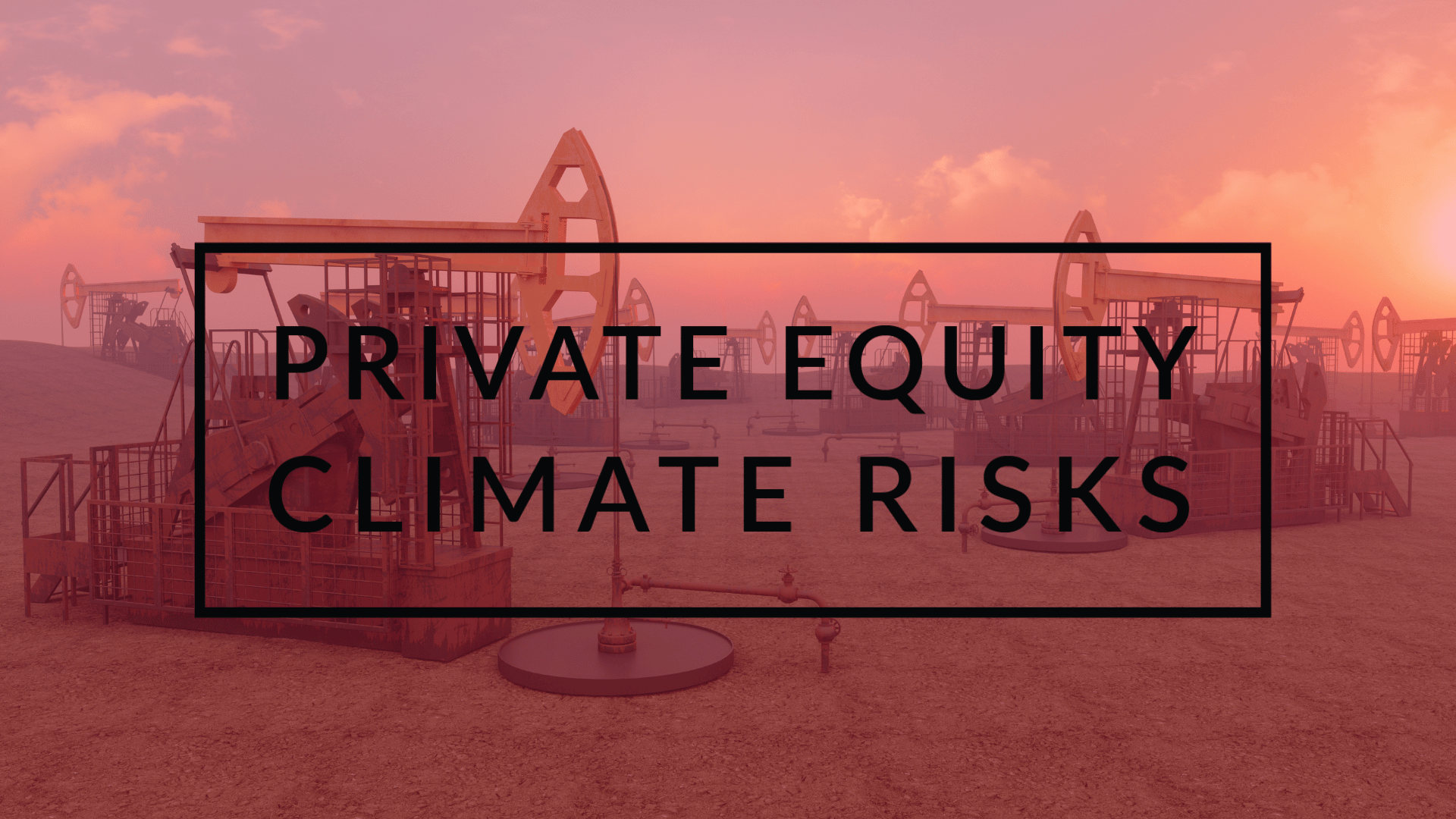
Carlyle’s Oil and Gas Investments Are at Risk from Energy Transition
December 14, 2022
Carlyle’s Upstream Investments Are at Risk from Energy Transition
The private equity giant’s investment strategy risks serious future losses for investors
Its ‘net zero’ target for portfolio companies not aligned with the goals of the Paris Agreement
A new report released today reveals that The Carlyle Group—one of the world’s largest private equity firms with $369 billion in assets under management—is invested in upstream energy companies unlikely to be economically viable in a low-carbon economy, exposing investors to significant climate and financial risk. The findings are part of a wider consortium project on private equity’s role in the climate crisis. The new Carlyle-focused report was written by analysts at the Carbon Tracker Initiative (CTI), with editing and research support provided by the Private Equity Stakeholder Project (PESP) and Global Energy Monitor (GEM).
“Carlyle’s carbon intensive transaction history should set alarm bells ringing for both their investors and the general public,” said Maeve O’Connor, Associate Analyst at CTI and primary author of the report. “By funding oil and gas companies whose businesses may only be viable in a high fossil fuel-demand world, Carlyle and their investors appear to be banking on climate failure. We urge investors to push Carlyle to recalibrate their investment strategies to face the realities of the energy transition.”
The CTI analysis found that The Carlyle Group’s portfolio brings with it more exposure to transition risk than almost all of the oil majors. Additionally, for Carlyle subsidiary NGP Energy Capital, less than 30% of its portfolio companies’ potential project options fall within a low-carbon world, specifically one under 1.65°C of global temperature rise.
Across Carlyle’s upstream companies, there is a large portion of potential future capital expenditure which falls outside the limits of a low demand world. Despite the IEA’s announcement that no new projects are needed in a 1.5°C warming scenario, CTI found that the private equity-backed upstream companies’ capex allocation is overwhelmingly tilted towards new projects. For almost all companies transacted, adhering to the no-new-projects pronouncement will mean a rapid decline in production volumes, as existing projects wind down and are not replaced.
“Investors who are concerned about the climate alignment of their investments may find this troubling, particularly given that none of Carlyle’s or NGP’s investments have been fully aligned with the Paris Agreement,” said O’Connor. As of September 2022, 193 states and the EU, representing over 98% of global greenhouse gas emissions, have ratified or acceded to the Agreement. The CTI report recommends that given this trend toward a low-carbon world, investors should push Carlyle and NGP for stronger transition planning supported by Paris-aligned climate targets.
The Carlyle Group and NGP were also recently the focus of a new scorecard developed by PESP and Americans for Financial Reform Education Fund (AFREF), being named top offenders on climate among private equity firms. The scorecard highlighted the need for substantial changes in private markets because of their lack of regulation, leading to many blind spots around the hazards these firms pose to investors.
Report Methodology
Carbon Tracker analyzed upstream oil and gas companies, or specific upstream assets, that were transacted in 46 deals at least partially financed by Carlyle or NGP between 2010 and 2021. The report uses the IEA’s 2022 Announced Pledges Scenario (APS / 1.7°C) as well as IEA’s 2021 Sustainable Development Scenario (SDS / 1.65°C) as its low-carbon demand scenarios. A company with a higher percentage of new projects that are incompatible with APS and—to a greater extent—SDS is relatively more exposed to transition risk, with a higher chance of assets potentially becoming stranded. To quantify the degree of company alignment, we compare the future capex associated with a company’s planned projects that are compatible, or not, with a given scenario.
You can view the CTI report at https://www.peclimaterisks.org/.
About Carbon Tracker Initiative
The Carbon Tracker Initiative is a team of financial specialists making climate risk real in today’s capital markets. Our research to date on unburnable carbon and stranded assets has started a new debate on how to align the financial system in the transition to a low carbon economy.
About Private Equity Stakeholder Project
The Private Equity Stakeholder Project is a nonprofit organization with a mission to engage, empower, and connect stakeholders affected by private equity with investors and other key decision makers to ensure the risks associated with private equity investments are mitigated.
About Global Energy Monitor
Global Energy Monitor (GEM) develops and shares open-source information on energy projects in support of the worldwide movement for clean energy. Current projects include the Global Gas Infrastructure Tracker, Asia Gas Tracker, Europe Gas Tracker, Inside Gas Newsletter, Global Gas Plant Tracker, Global Registry of Fossil Fuels, Global Coal Plant Tracker, Global Solar Power Tracker, Global Wind Power Tracker, Latin America Energy Portal, and GEM.wiki.
